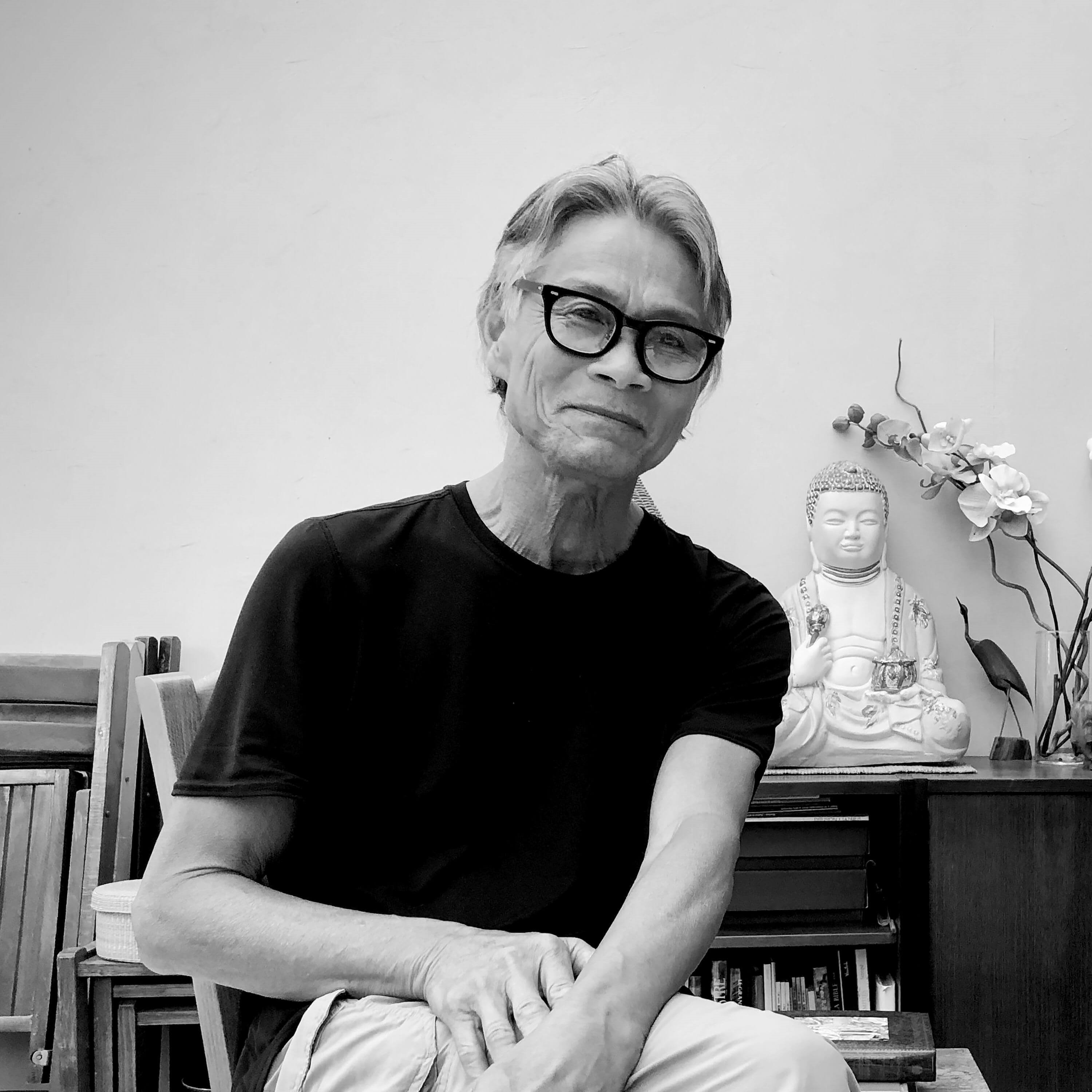Minh-Nghiem Nguyen-Vo
DirectorJohann Chapelan
ProducerVietnam Vietnam
CountryLogline
In 1960s Vietnam, a family-run movie house becomes a haven for an eight-year-old boy who sees his world being undone by war.
Short Synopsis
Vung Tau, South Vietnam 1960 - 1975
In a dire financial situation and the absence of the father, HIEN (mid-thirties,) a personable and strong-minded woman, borrows money to reopen the long abandoned family's movie house when the Allied troops arrived to fight communism in the American-lead Cold War. As the Tropical beaches and rolling sand dunes were transformed into Australian Army base and American military airport, QUANG (eight, Hien’s son) rediscovers through the memory of his mother, the glorious past of his maternal grandfather, a succesful entrepreneur who inaugurated the family's cinema during the French colonization. Amid the screeching sounds of the Allied military aircrafts and target practice gunshots, Quang and the audience in this small town are mesmerized by the exotic images and stories from Japanese Samurai to Hollywood Western, from French New Wave to Hong Kong Martial Art. The movie house becomes a window that projects possible worlds beyond the war. Hien comes from an upper-class family, who is obsessed with her late brother who was educated in France and became a martyr in the reistance against the colonization that THANH, Quang’s father, who comes from a poor family background cannot measure up. Hien runs the daily business of the movie house as Thanh pursues his impossible political struggle, to keep South Vietnam independent from both sides of the Cold War, that turns him into an abscent father. That leaves Quang to find the father figures he needs in the two cousins working at the movie house, one projects film, the other paints poster and advertises film, who share with him many secrets of cinema. He eventually finds out that the two cousins are fighting for the opposite sides of the war that confuses him further. SA, Quang’s tomboy classmate and childhood friend, shares with him not only the love of cinema and swimming at the beach, but also the yearning for a father. She comes from a broken family displaced by the war, whose stepfather never shows any affection for her.
As the war intensifies, Vung Tau becomes a Rest and Recreation center for the American soldiers between their tours of duty on the front line. Prostitution and drug inundate the town as Quang (now fifteen) reaches his sexual awakening. He must make his way in the presence of foreign and local soldiers and violent contests of sexuality and masculinity.
One cousin was shot dead by the Australian as he led an attack to their base. A GI aims a gun a few inches from Quang’s face in front of Sa making him feel so emasculated in front of his sweetheart. Soon, Sa lets Quang know she is working as a GI bar girl as she doesn’t want to rely on the support of her stepfather. Quang reacts badly and Sa breaks off with him. Hien remains the only unwavering support to her rebellious son.
The fighting approaches town. The movie house is ordered to shut down. Quang revolts and Sa comes back to help him to keep the movie house remain a place for the townsfolk to find their hope and love reflected on the screen albeit just for a few fleeting hours amid the inferno of the Cold War. When the movie house is finally hit by a rocket, making a large hole on the roof, cinema itself becomes the condition of life besieged by death. Looking through that hole, Quang and Sa discover the mysterious constellations, as they contemplate the future of their journeys.

Minh-Nghiem Nguyen-Vo
Growing up in Vietnam in the 60’s, with his parents running a movie house, he went to France and to the United States to complete his Ph.D. in physics and worked for two decades in acoustics and quantum electronics. The arrival of his son reawakened his love for cinema that led him to studying filmmaking at UCLA Extension. Witnessing his father dying and his son growing up inspired his first feature, Buffalo Boy (2004 - Youth Jury award Locarno, Vietnam entry to Oscars, Fipresci award Palm Springs). His second feature, Nuoc 2030, a speculative film about the effect of global climate change on a couple's life in South Vietnam in 2030, was the opening film of Panorama Berlinale (2014 - Sloan award Tribeca).


Johann Chapelan
Incepted in 2006 and based in Orleans, Paris and Nice, Girelle is producing documentary, animation and multimedia, with more than 80 creative documentaries on arts, drawing, music, painting, architecture, social and environmental issues. It started feature coproductions with REHANA MARYAM NOOR (2021) which was the first Bangladeshi film selected in Cannes official selection, and I, THE SONG by Dechen Roder (Bhutan) currently in post-production. Other projects involve Taiwan, Georgia, Lebanon, Kirghizstan and Vietnam, mostly about memory, popular history, minority issues, women rights, and with a strong focus on Asia.